Emotion Science Simplified: Why Timing Matters in Leadership Emotions

Welcome to Emotions Science Simplified! This month, we’re looking at how the timing of emotional expression from leaders influences team performance.
Research Spotlight: Timing Is Everything: An Imprinting Framework for the Implications of Leader Emotional Expressions for Team Member Social Worth and Performance by Jacob S. Levitt,a,* Constantinos G. V. Coutifaris,b Paul I. Green, Jr.,b Sigal G. Barsadea,†
The big idea:
Early emotional expressions (especially positive ones) shape how respected, safe, and motivated people feel.
Emotional Expression Timing
What if the emotions leaders express early in a team’s journey could shape performance outcomes months down the track? New research suggests that not only do leader emotions influence team members’ motivation and success, but the timing of those emotions plays a crucial role in shaping respect, status, and performance.
A new study by Levitt, Coutifaris, Green, and Barsade (2024) explores how leaders' emotional expressions creat...
A Measurable Cultural Shift When Two Teams Become One
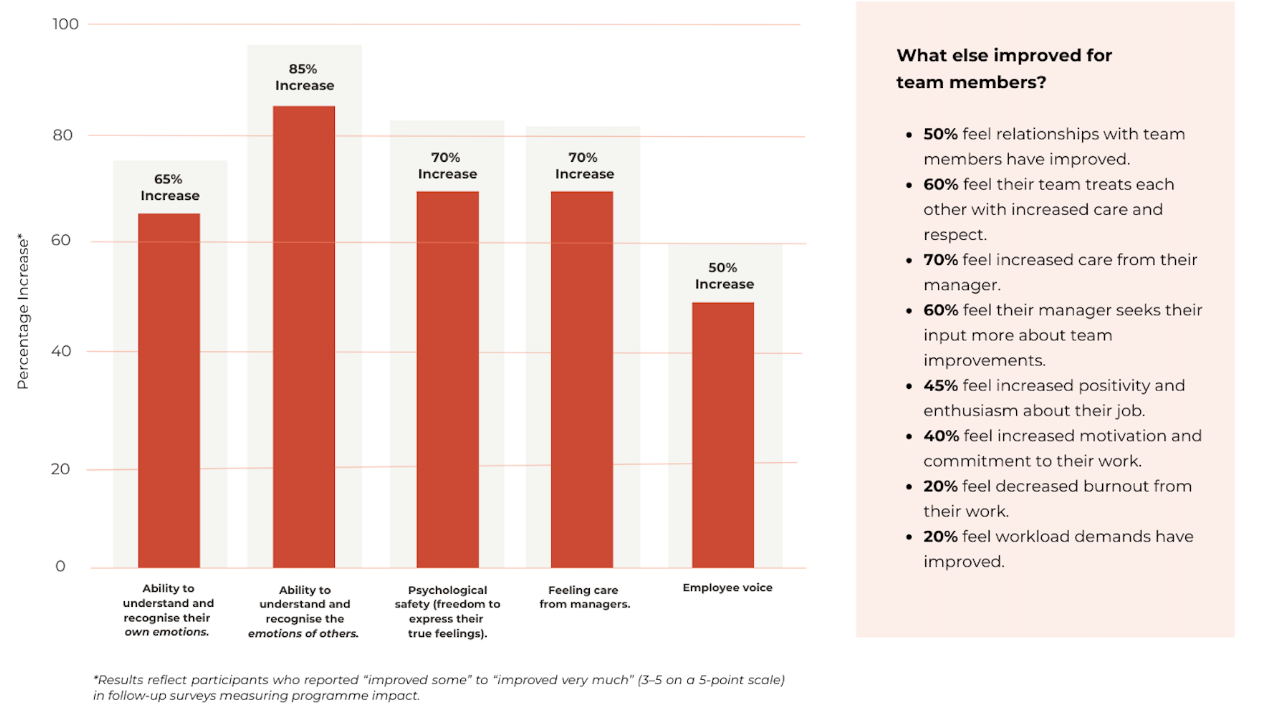
When Sanitarium opened its new state-of-the-art national distribution centre they faced more than just an operational shift. Two distinct teams were coming together for the first time with different habits, relationships, and expectations.
They saw a unique opportunity: not just to manage the transition, but to reset how the team connects, communicates, and leads.
So they launched Reset & Elevate. A bold, human-centred culture programme designed by Chelsea Lang and Dani Garrett, Elephant Riders inside Sanitarium. Their goal: bring people together, rebuild trust, and lay the foundation for a team culture where everyone feels respected, supported, and proud to belong.
The results were extraordinary.

The Emotional & Cultural Shifts
Chelsea and Danii embedded The Emotional Culture Deck into the programme helping leaders and team members have more honest conversations, build emotional literacy, and set a clear tone for how the team wants to work together.
Over the course of the prog...
Fast-Track Emotional Culture Crafting in 6 Weeks | Amazon Pilot Programme Results
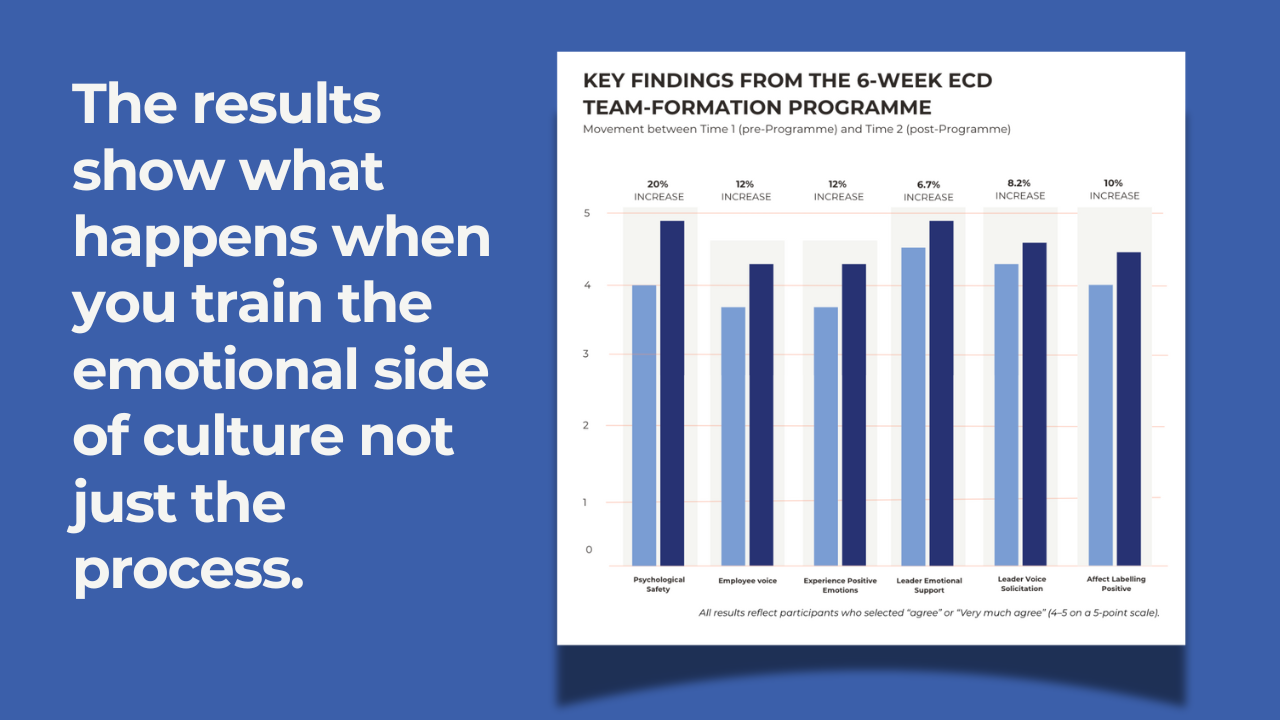
Inside the 6-Week Emotional Culture Pilot Programme
We recently wrapped up an Emotional Culture pilot programme that shows real, tangible results of a brand-new team crafting their emotional culture…fast!
When this leader returned from parental leave early this year, she inherited a brand-new team spread across three continents. The team had:
- Zero shared history – members came from three different predecessor groups.
-
Tight delivery deadlines – first programmes for AMET, APAC & LATAM due in eight weeks.
-
Lean head count – each person owned the workload of ~3 peers in North America teams.
-
No face-to-face cadence – 11-hour time-zone swing made quick trust-building hard.
Rather than run a standard “ways-of-working” session, Susannah chose The Emotional Culture Deck to surface the feelings that would fuel the mission (Connected, Rebellious, Valued & Seen) and those that could stall it (Paralysed, Overwhelmed, Incapable).
The Goal: Prove that one immersive emotional ...
Emotion Science Simplified: Why Emotion at Work Is Messier (and More Political) Than You Think

Exploring Emotion Science. Numbers v Narratives.
Most emotion research at work falls into two camps. One counts emotions. The other listens to stories. And according to Stephen Fineman, only one of these truly captures the messy, human reality of how we feel at work.
In his paper “Appreciating Emotion at Work: Paradigm Tensions,” Fineman critiques the over-simplification of emotion in organisational science. He makes a passionate case for moving beyond tidy surveys and into the rich, political, uncomfortable truth of workplace emotion.
Two Ways to Study Emotion at Work
Fineman defines a key tension:
-
Essentialist approach: Emotions are seen as internal states inside individuals. Researchers try to measure them like any other variable through surveys, tests, and scores. This is where emotional intelligence and positive psychology usually sit.
-
Interpretivist approach: Emotions are shaped by the world around us, our culture, relationships, language, and power dynamics. Resea
...
Inside Our Field Research on Employee Voice and Leadership
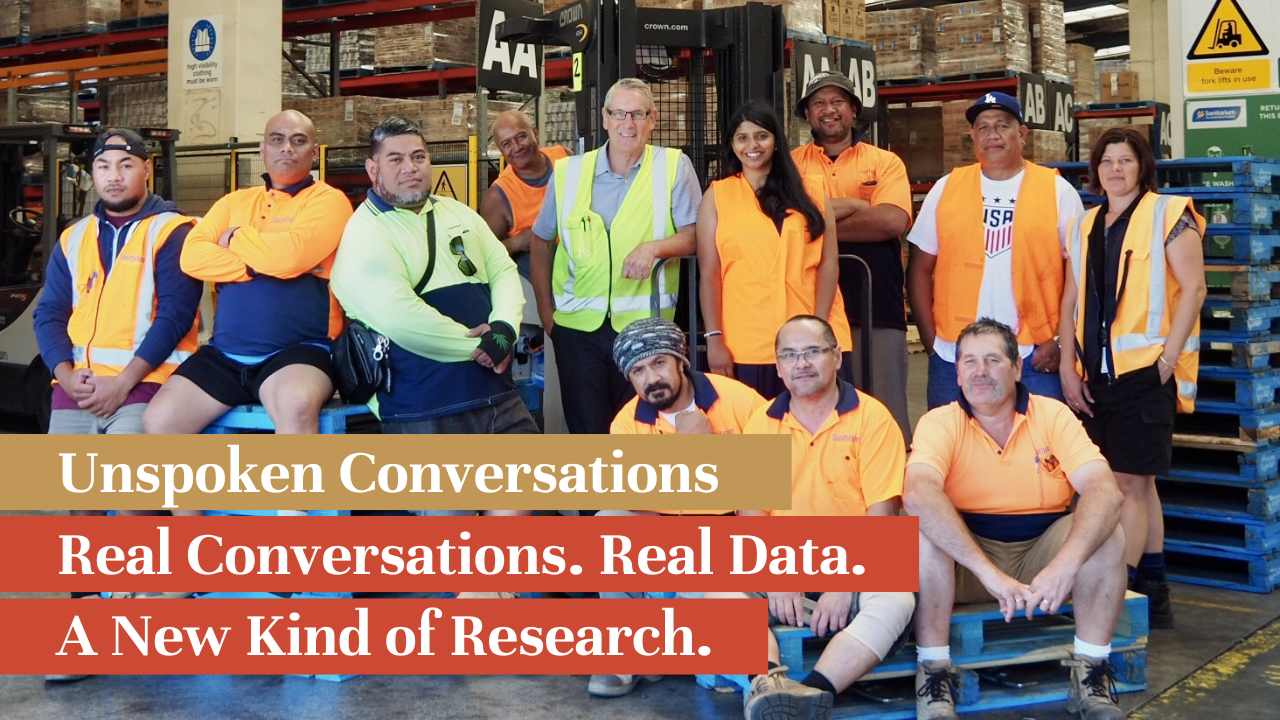
What Happens When Leaders Listen Without Fixing
Last month, Professor Michael Parke (The Wharton School) and R&E teamed up with Chelsea Lang
The workshop’s simple in design, but powerful in effect:
→ Employees choose a concern they haven’t felt able to raise
→ They name how it makes them feel
→ Then they sit down with their leader and share
→ The leader listens without fixing, reacting, or jumping in
It’s one conversation. But the shift can be real. And at the same time, we see what changes are possible; when we create structured conversations about emotions at work.
So what changed?

Here’s what leaders and employees told us in the Check-Out Surveys after the session.
LEADERS SAID:
🟠 100% said it helped the...
Upcoming Q3 Chapter Meetups: Where Elephant Riders Come Together In Person
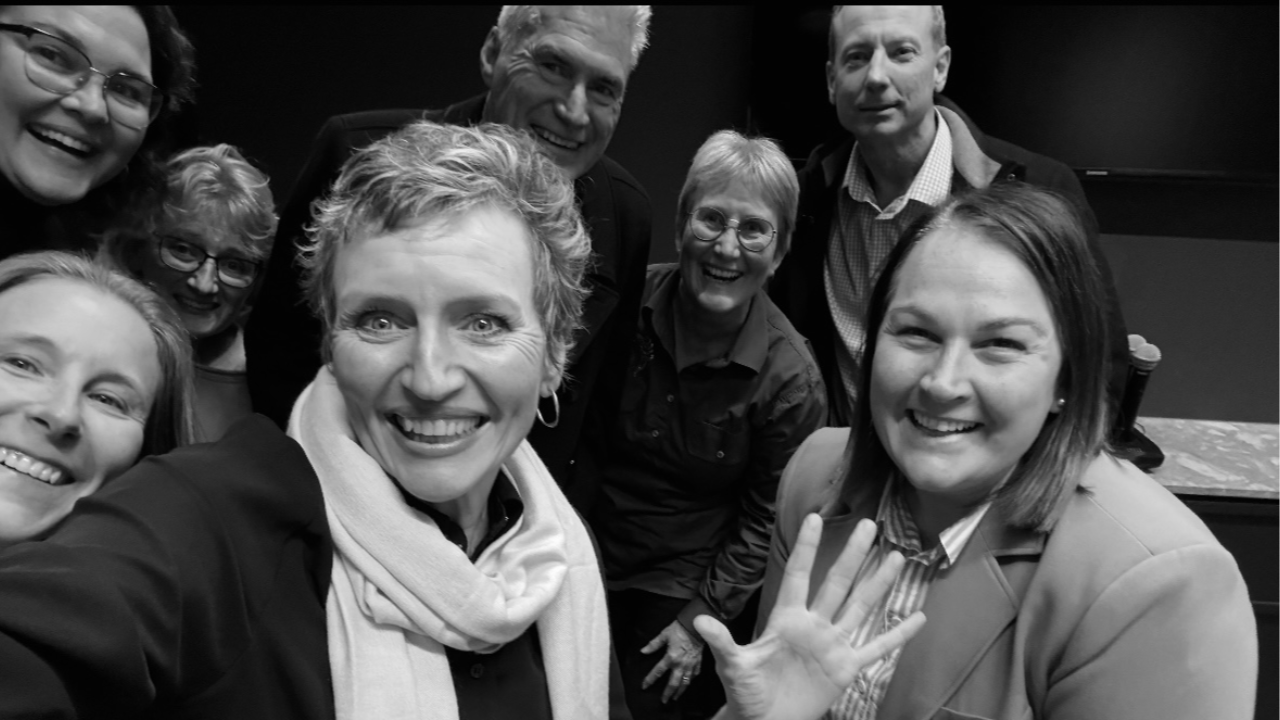
Something special happens when Elephant Riders gather in person.
Stories get shared. Cards get played. And conversations that rarely happen in workplaces—finally do.
We’re kicking off the second half of 2025 with a packed calendar of Local Elephant Rider Chapter Meetups across Aotearoa, Australia, and beyond. These events are hosted by our incredible community of volunteer Chapter Leads in cities around the world. They create space for connection, shared learning, and growing the movement to humanise work—one conversation at a time.
Some highlights from our Q2 Meetups

What are Chapter Meetups all about?
Our Chapter Meetups are 90-minute in-person gatherings created for the Elephant Rider community. They’re a chance to reconnect with the tools and each other, hear Bright Spot stories, and explore how emotional culture is showing up in the real world.
Here’s what to expect:
-
We play with The Emotional Culture Deck (always!)
-
We explore real workplace challenges and emotio
...
Introducing our New ECD Certified Pathways
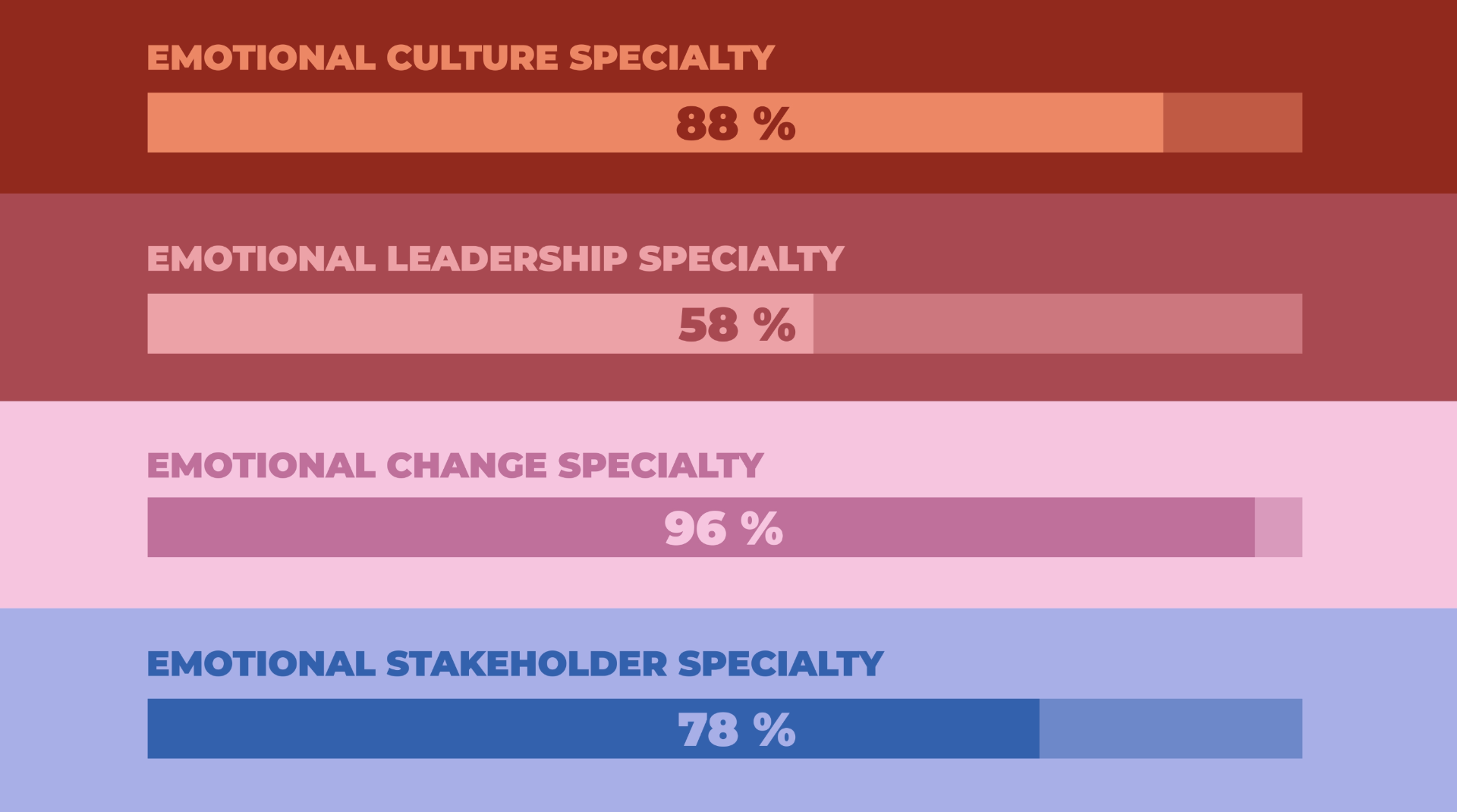
One system. Four specialities. Three certification levels. Six recognition tiers.
When we first launched The Emotional Culture Deck, it wasn’t a system. It was a tool. Something simple, practical, and human that helped people talk about how they feel at work.
But over time, something bigger happened.
People kept using it. Not just once, but again and again. They built rituals around it. They used it to design culture. To lead teams. To navigate change. To connect with customers. They turned it into a system.
So we’ve caught up with what our community has already been doing.
Today, we’re proud to introduce our new ECD Certified Pathways. A structured, flexible way to grow your emotional culture practice.
Why we made this change
Most culture, leadership and change programmes ignore emotion. Ours don't.
But until now, our certifications didn’t fully reflect the depth or diversity of the work our community was doing.
We’ve reimagined the certification structure from the grou...
I Used to Call It a Game. Here’s Why That’s No Longer Enough.
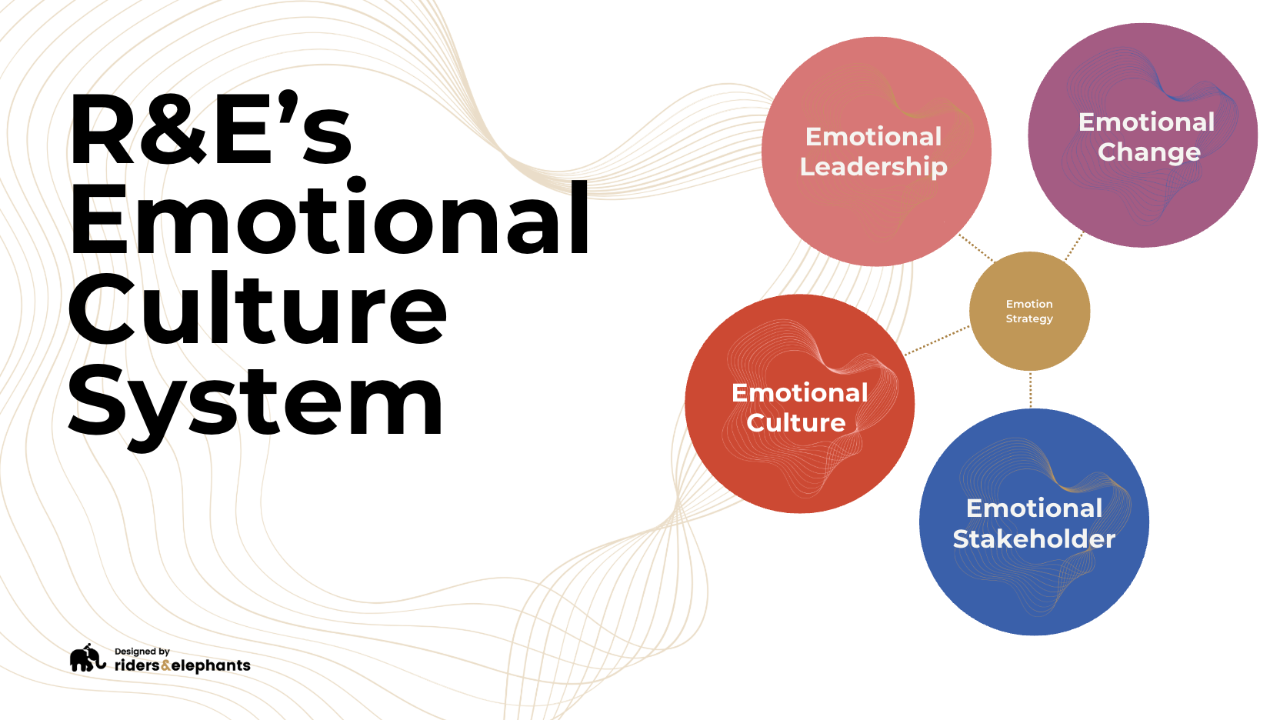
Why We’re Shifting the Language
When I first launched The Emotional Culture Deck back in 2017, I called it a tool. A game, even. Something that helped people discuss their feelings at work in a way that felt human, not forced.
And it worked. The simplicity of the deck helped teams open up. It got leaders listening. It made emotion a safe thing to talk about.
But over the years, something bigger happened.
People started using it again. And again. They built rituals around it. They used it to design culture. To lead teams. To manage change. To reshape stakeholder experiences.
They weren’t just playing a game. They were working a system.
Why It Matters Now
The more this work has spread, the clearer the pattern became.
The people creating real, lasting impact weren’t just using the deck as a one-off tool. They were using it to embed new ways of relating, leading, and designing how people feel at work.
The Emotional Culture Deck has gone beyond a deck of cards. It's still at the ...
Building Emotional Culture in a Male-Dominated Industry

When Krisrian Colegate first picked up The Emotional Culture Deck, he wasn’t joining a culture initiative he was starting one.
As General Manager at a 17-site manufacturing and construction business, Christian has spent the past two years quietly embedding emotional culture into the everyday fabric of his organisation. From toolbox talks and safety rituals to leadership development and change management, he’s led one of the most powerful and sustained ECD journeys we’ve seen.
In this video, you’ll hear highlights from Kristian's story of how he used The ECD in a male-dominated industry, and what’s shifted across leadership, performance, and safety.
Before we even dive into Kristian’s story, here’s what changed:
-
🔻 40% reduction in lost time injuries
-
🔺 Higher team engagement where leaders talk about emotion
-
🔻 Lower turnover in branches using The ECD
-
🔺 Improved safety reporting
-
📊 Emotional culture now tracked across 360s, retention, and leadership assessmen
...
Let’s be honest. Most organisational values don’t work.
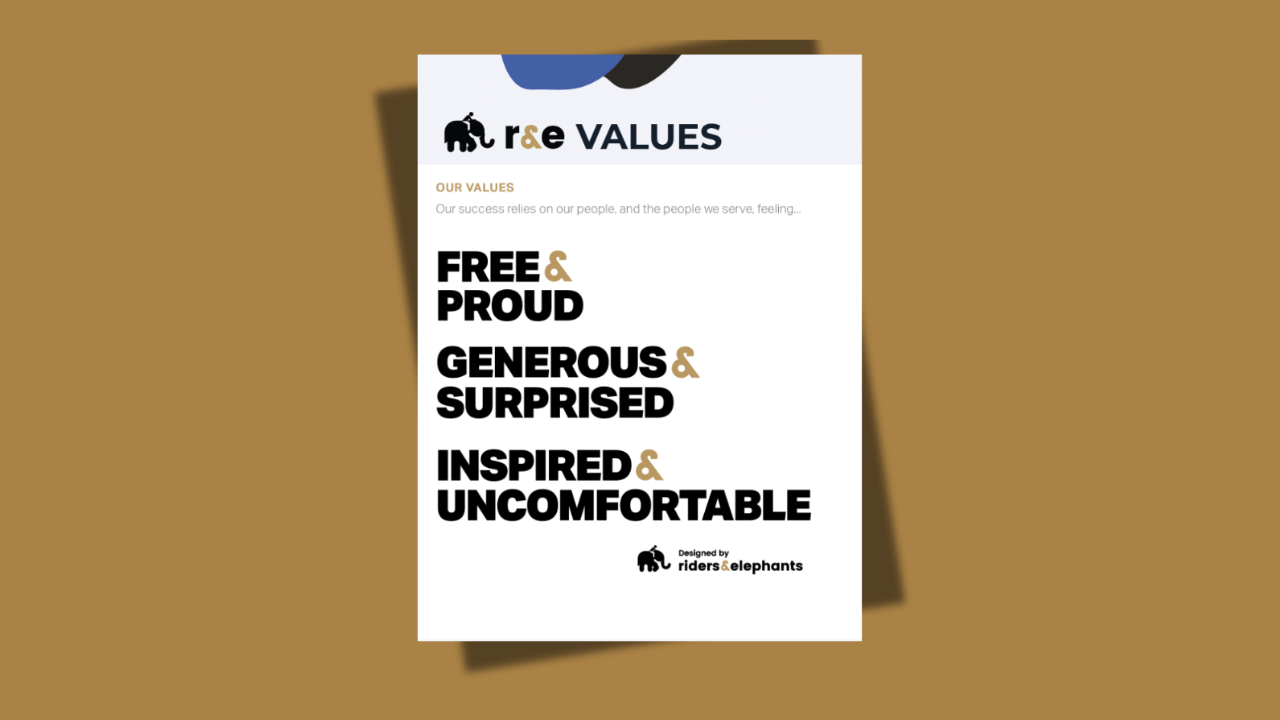
Let’s be honest. Most organisational values don’t work.
They’re often written in boardrooms, crafted from generic words, and disconnected from how people actually feel at work. Too often, values are cognitive and conceptual. Designed from the head, not the heart. And when that happens, they fail to move people. They become wallpaper.
At R&E, we’ve always believed that emotions sit at the heart of performance, connection, and culture. So we decided to flip the traditional model on its head.
Instead of starting with values and hoping people behave in ways that bring them to life, we begin with how we want people to feel.
That’s where the Emotional Values Design method was born.
Why Emotions First?
We created this method because we saw a missing link: the emotional thread that connects employee experience and stakeholder experience. If you want people to feel something when they engage with your organisation, your people have to feel it first.
Inspired by leaders like Mel Howe a...

